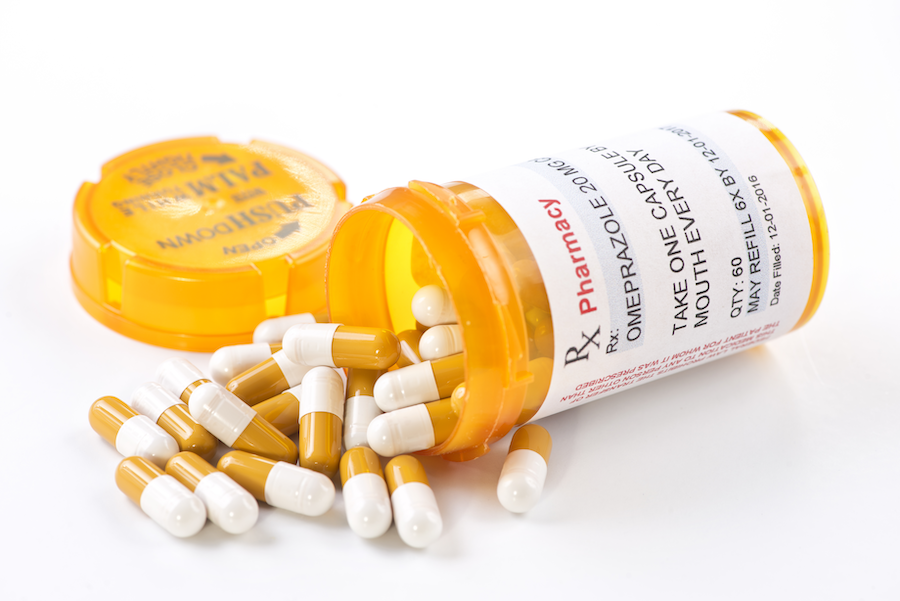Treatments: Reflux
including gastroesophageal reflux (GERD) and laryngopharyngeal reflux (LPR)
This section elaborates on specific treatments for improving reflux. A trial in which medicine plus dietary and lifestyle changes is undertaken for one month is a common safe and inexpensive way to possibly confirm reflux.
Diet and lifestyle
Adhering reasonably well to the list of dietary and lifestyle measures to reduce reflux may help a little or a lot. Inflammation and swelling from reflux may take several weeks to settle, so a sustained effort is typically necessary before noticing improvement in symptoms. While the list of recommendations is somewhat long and it may seem restrictive, one may find some benefit from partial adherence to these recommendations. In other words, diet and lifestyle improvement may suffice when strict compliance is not achieved. Be aware that some foods on the list are considered healthy in other ways. For example, foods high in citric acid, such as oranges and tomatoes, may benefit some aspects of health while worsening reflux. As with many aspects of health, there are trade-offs to be made. A short abstinence from foods on this list may demonstrate improvement in symptoms without creating a nutritional deficiency or hardship.
Medication
Several categories of medicine exist to treat reflux, and often the combination of medication and other efforts like diet and lifestyle modifications tends to be more effective than medicine alone. General categories include the following:
Antacids, such as Tums, Maalox and Gaviscon. These medications briefly neutralize acid, and are best for immediate reduction in burning sensation, but they are not effective in healing inflammation of the esophagus. Also, antacids containing aluminum tend to cause constipation and those with magnesium tend to cause constipation. Maalox tries to strike a balance between constipation and diarrhea by using both magnesium and aluminum. Gaviscon neutralizes acid like the other antacids in this category, but also creates a digestible barrier that floats on the stomach juices and produces an additional barrier to fluid escaping the stomach to the esophagus.
Proton Pump Inhibitors [including omeprazole (Prilosec), lansoprazole (Prevacid), pantoprazole (Protonix), rabeprazole (AcipHex), and esomeprazole (Nexium)]. These reduce acid in the stomach effectively, but may increase risk for pneumonia and long-term use may cause weakened bones and possibly risk early dementia.
H2 antagonists [including famotidine (Pepcid AC, Zantac 360), cimetidine (Tagamet HB) and nizatidine (Axid) reduce acid production by the stomach. These are older medications with fewer side effects than proton pump inhibitors, but they are less effective at reducing acid.
surgery
For severe reflux that has not resolved adequately with less invasive treatments, surgical intervention may be an option. Various operations exist for specific circumstances. For example, a hiatal hernia is a condition promoting reflux because some portion of the stomach is above the diaphragm and in the chest, and surgically repairing a hiatal hernia may help. Tightening the barrier between the esophagus and the stomach, the lower esophageal sphincter, may also be undertaken with a Nissen fundoplication. When severe obesity has failed other treatment attempts, various forms of bariatric surgery may be undertaken, which may also help reflux. These operations are typically performed by a general surgeon with a focus on the esophagus and stomach.





